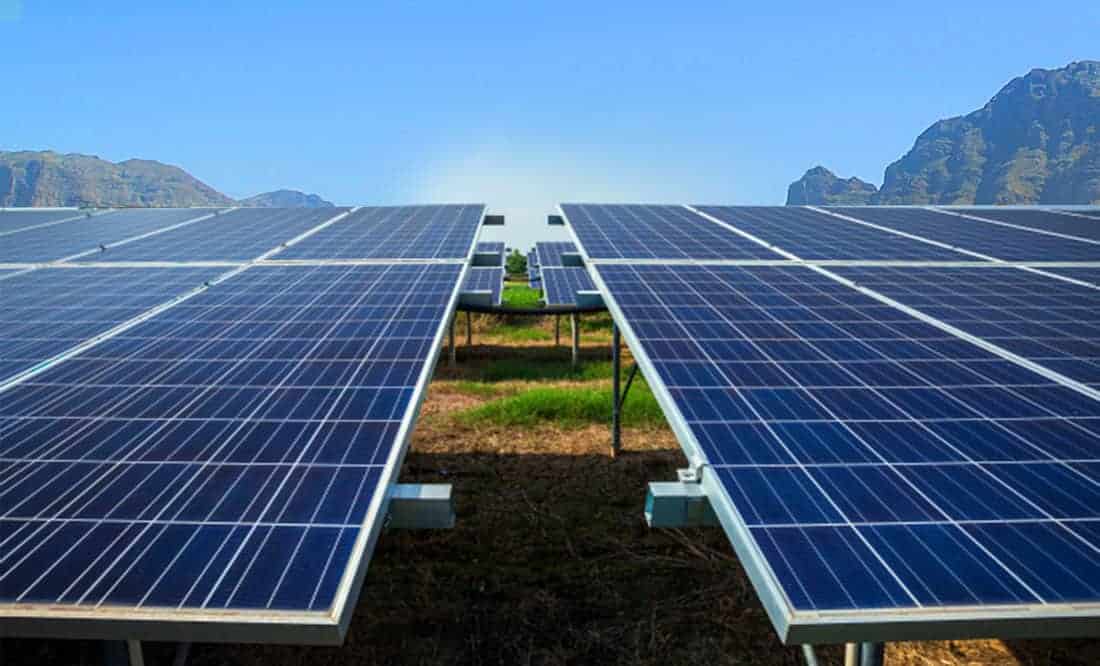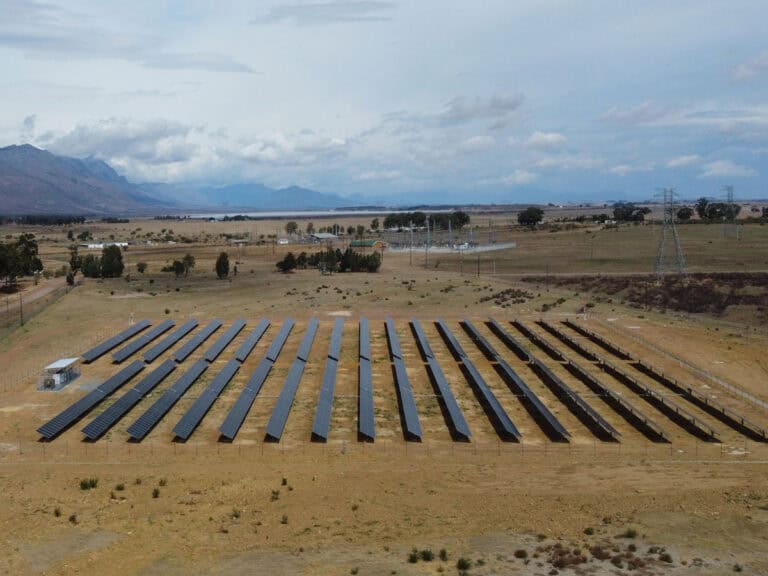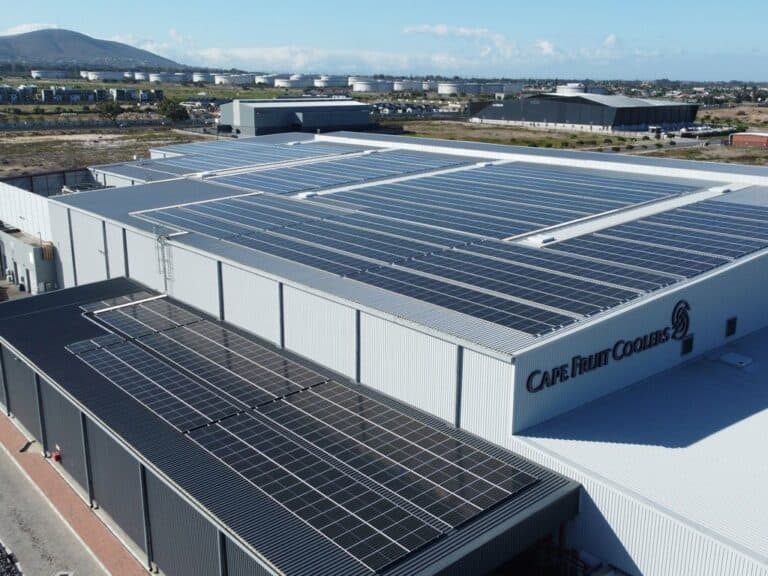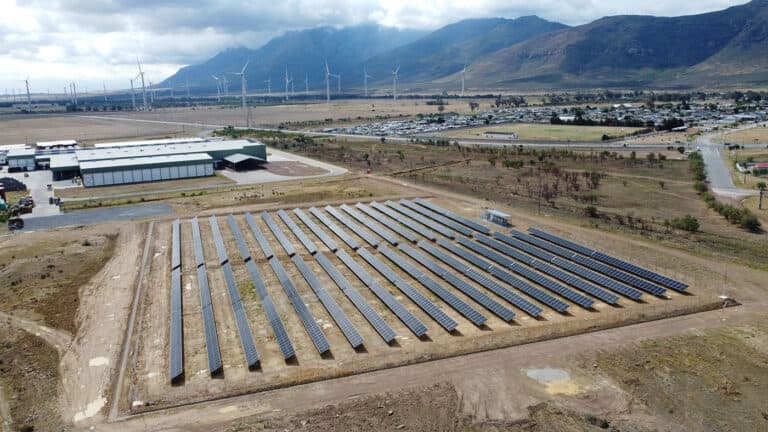Using alternative energy sources, farms can become more self sufficient
The combination between farming and alternative energy is win-win. Wind, solar, and biomass energy and other forms of energy can be harvested forever. These provide farmers with not only a long-term source of income but an efficient way of running their farms.
Renewable energy, or alternative energy, can have huge potential for the agricultural sector in South Africa, and especially Africa. It has been shown that all the energy stored in Earth’s reserves of coal, oil, and natural gas is equal to the energy from only 20 days of sunshine. Which means that farms that convert to alternative energy in the form of solar panels, can save money, increase self-reliance, and reduce pollution.

1. Reduce Costs with alternative energy
There are many South African farm who are using alternative energy methods and have achieved measurable savings through the use of energy- efficient technologies. They range from relatively small changes such as the implementation of variable speed drives on motors and energy-efficient lighting retrofits, to more ambitious projects such as solar panel installations and hydro-electric schemes. Such an example is Marlenique farm.
2. Increase Self-Reliance
By using alternative energy, farms can ultimately become self reliant. Once farms start producing their own energy by harnessing the sun and wind and other natural resources available to them, they become self sufficient.
Biomass, geothermal, hydroelectric, solar, and wind power can produce electricity for heating, lighting, and fuel for use on the farm.

3. Reduce pollution
Many farms are looking to reduce their carbon footprint. Pollution, in any form, can be reduced by using alternative energy. But possibly the greatest is that alternative energy produces no greenhouse gas emissions from fossil fuels and reduces some types of air pollution.
Moving Forward
Alternative Energy is only the beginning stages in the agricultural industry. Many farms, such as Marlenique, are leading the way with solar power. This is proving that sustainability is possible.
In the long run, alternative energy is providing a cost-effective investment for the agriculture industry, saving farmers the cost of additional physical labor.In the future, it is highly possible, that more farms, like Marlenique Farm, will be seeking to go completely off the electricity grid and will invest in renewable energy sources, such as solar power.
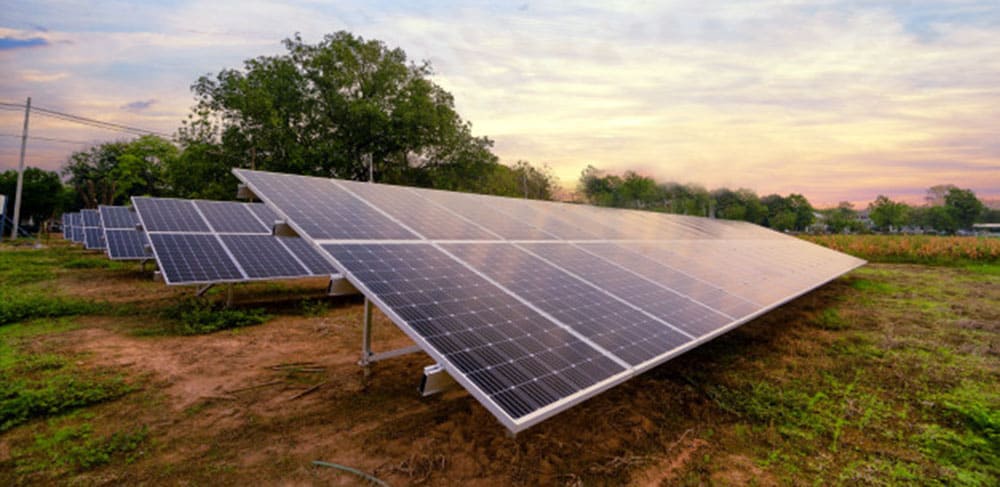
In conclusion, the benefits to alternative energy include:
- A farm’s electricity and heating bills can be reduced by using Solar energy
- By using Solar heat collectors crops can be dried, and homes, livestock buildings, and greenhouses can be warmed.
- Solar water heaters can provide hot water for dairy operations, pen cleaning, and homes.
- Solar panels can power farm operations and remote water pumps, lights, and electric fences.
- Buildings and barns can be renovated to capture natural daylight, instead of using electric lights.


